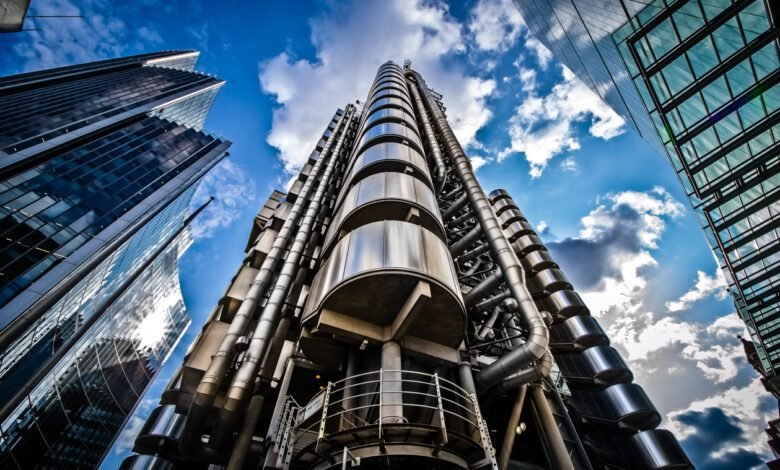Choosing the Right Building Insurance: What You Need to Know

Owning a building, whether it’s a home or a business property, comes with its own set of responsibilities. One crucial aspect of protecting your investment is having the right building insurance.
This insurance not only safeguards your property against unforeseen events but also provides you with peace of mind. However, choosing the appropriate Building Insurance in Victoria can be a daunting task, given the multitude of options available. To make an informed decision, here’s what you need to know:
Understand the Types of Building Insurance
Building insurance generally falls into two main categories: building insurance and landlord insurance. Buildings insurance covers the structure of the building against damage caused by specific events such as fire, storms, floods, vandalism, or subsidence. It typically includes fixtures like the roof, walls, floors, and permanent fittings.
On the other hand, landlord insurance is tailored for property owners who rent out their buildings. This type of insurance not only covers the structure but also offers additional protections such as loss of rental income, liability coverage, and legal expenses related to tenant disputes.
Before choosing insurance, evaluate your needs based on whether you are a homeowner or a landlord, and select the type that aligns with your situation.
Assess Your Building’s Rebuild Cost
The rebuild cost of your building is a crucial factor in determining the right insurance coverage. This cost isn’t the same as the market value of the property but rather the expense of rebuilding the structure from scratch in case of total destruction. Factors such as location, size, materials used, and construction costs in your area influence this figure.
To accurately assess the rebuild cost, consider consulting a professional surveyor or using online calculators provided by insurance companies. Underestimating this value can lead to insufficient coverage, whereas overestimating can result in unnecessarily higher premiums.
Evaluate the Coverage and Exclusions
When comparing building insurance Victoria policies, carefully examine the coverage details and exclusions. A comprehensive policy should cover a wide range of perils, including fire, flood, storm damage, theft, subsidence, and accidental damage. However, certain events like wear and tear, deliberate damage, or acts of terrorism might be excluded.
Be aware of any policy limitations, such as maximum claim amounts or restricted coverage for certain items. Additionally, understand the policy’s excess—the amount you must pay towards a claim—which can affect your overall costs.


Consider Additional Coverage Options
Depending on your needs, you might want to consider additional coverage options that can enhance your building insurance policy. For instance, legal expenses cover can assist in legal disputes related to the property. Accidental damage cover can protect against unexpected mishaps like broken windows or damaged plumbing.
Furthermore, if your property is in a flood-prone area or located in a high-crime neighbourhood, you may opt for specific add-ons to address these risks. Review these options with your insurance provider to tailor a policy that meets your requirements.
Compare Insurance Providers
Lastly, don’t settle for the first insurance provider you come across. Take the time to compare quotes from multiple insurers to ensure you’re getting the best coverage at a competitive price. Consider factors beyond just the premium, such as customer service reputation, claims process efficiency, and policy flexibility.
Reading customer reviews and seeking recommendations from peers can provide insights into an insurer’s reliability. Remember, the goal is to find a balance between cost and coverage quality.
Conclusion
Choosing the right building insurance Victoria requires careful consideration of your specific circumstances, understanding the different types of coverage available, and assessing the risks associated with your property Visit our Website .
By educating yourself on these key factors and seeking professional advice when needed, you can safeguard your building investment effectively and confidently. Remember, insurance is not just a formality—it’s a critical tool to protect your property and financial well-being against unforeseen events.
Source: Choosing the Right Building Insurance: What You Need to Know




